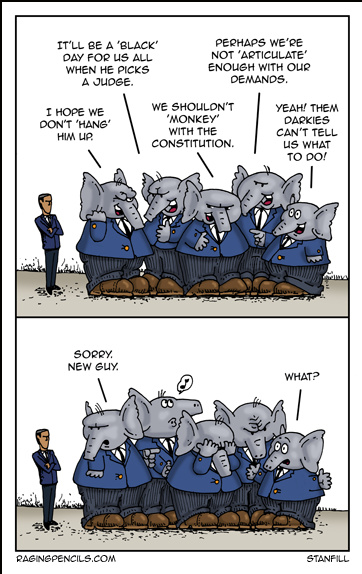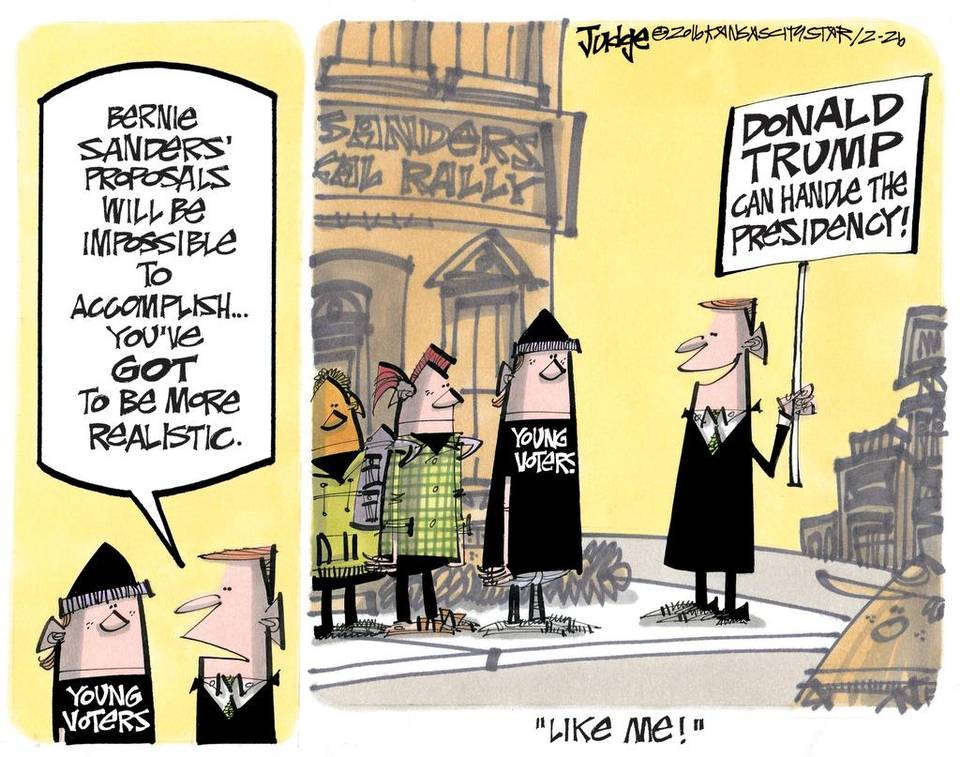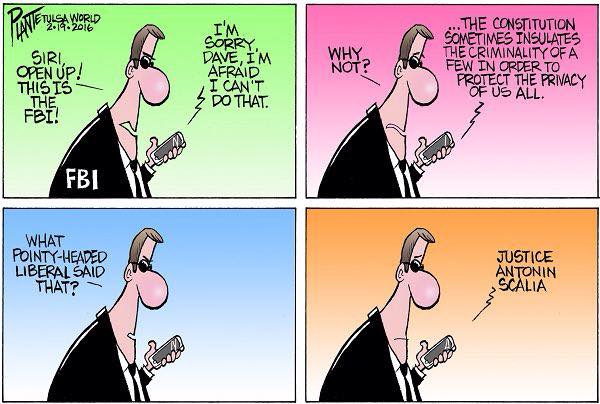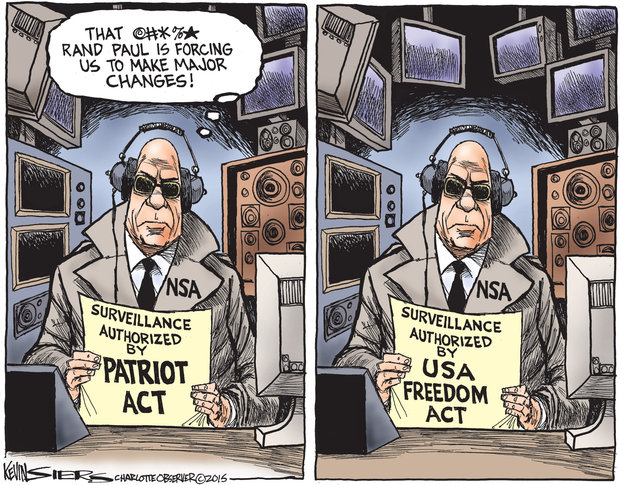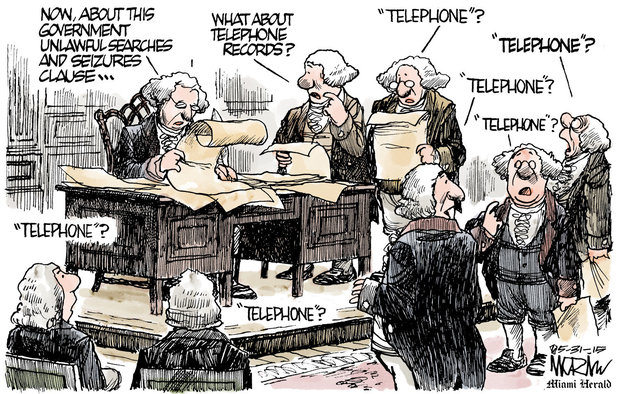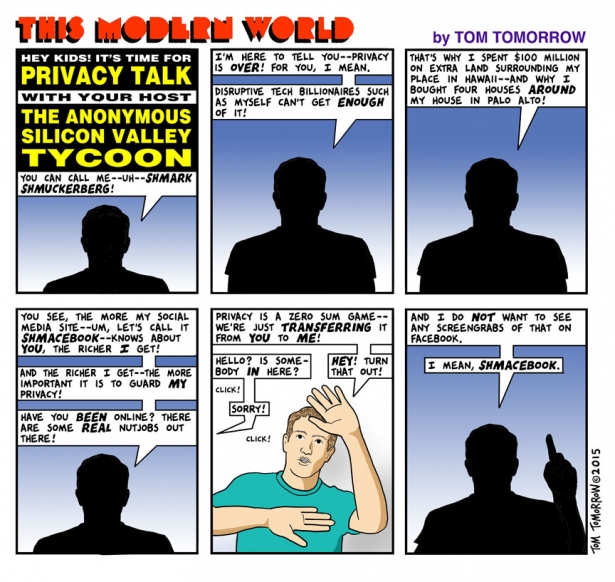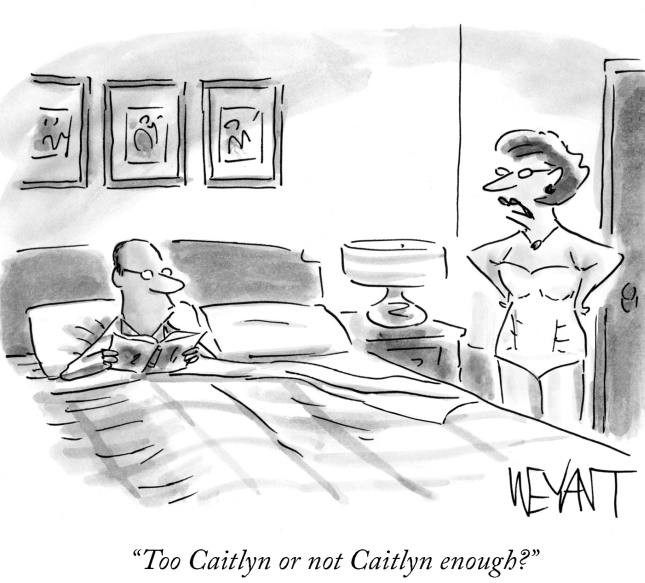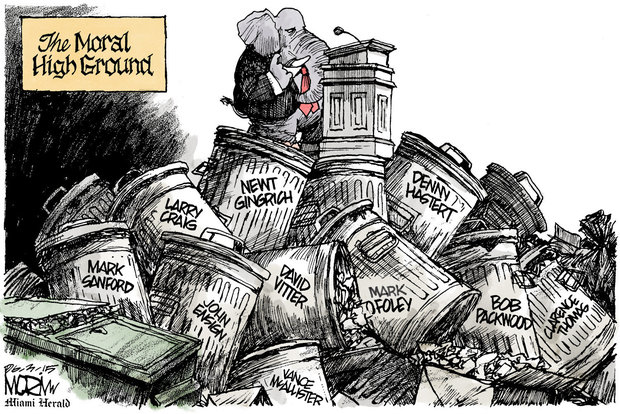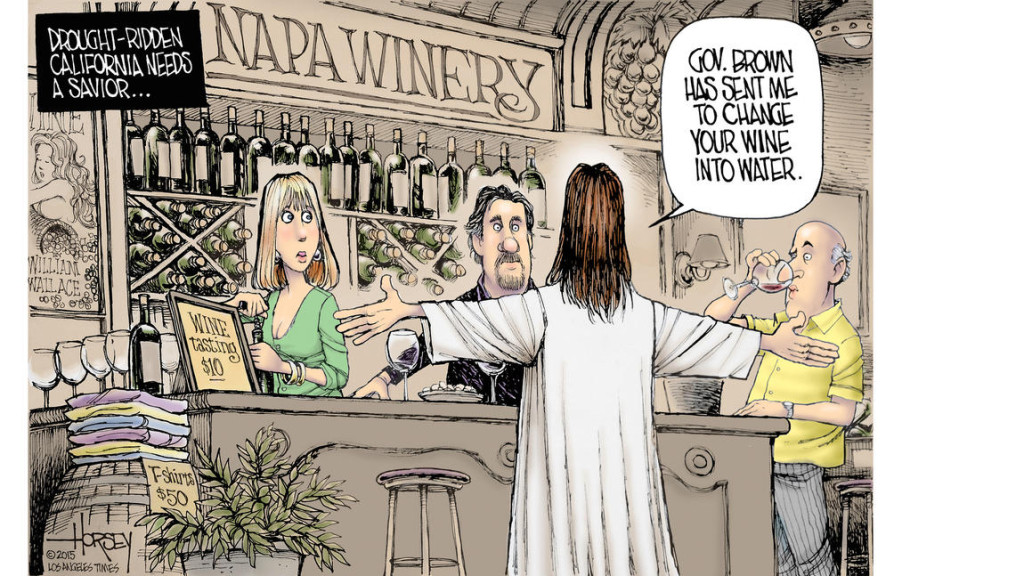Wrongo and Ms. Oh So Right saw “CitizenFour” a few days after the Oscars. It is interesting that the Academy recognized both “American Sniper” and “CitizenFour.” The former bagged one Oscar, for Best Sound Editing, while the latter won for Best Feature Length Documentary. One made big bucks, the other is already on HBO. Both celebrate heroes, one a tool of the Global War on Terror, the other a whistleblower computer geek who saw that the War on Terror was compromising our Constitution.
Laura Poitras accepted her Oscar, but Edward Snowden couldn’t, because of that little “treason” thing.
As Kunstler says: (brackets by the Wrongologist)
He [Snowden] appeared to know exactly what he was doing, and with quiet, unshakable moral commitment. And then he disappeared down the gullet of America’s modern times nemesis, Russia, where he continues to taunt with his very existence, the NSA gameboys, lizard-lawyers and puppet-masters who cordially invite him back home to face, ho-ho, our vaunted justice system. Of course any six-year-old understands that they would love to jam Snowden down some federal supermax memory hole as an example to any other waffling NSA code-jockey having second thoughts about reading your grandpa’s phone records.
Snowden is a much more interesting hero than the sniper, Chris Kyle. The documentary follows Snowden, who was hiding in plain sight in Hong Kong in the spring of 2013, after he stole over 220,000 files belonging to the National Security Agency. Glen Greenwald, Barton Gellman, and Laura Poitras later began revealing to the public the extent to which the American government was spying on everyone’s electronic life while ignoring that pesky US Constitution, and setting the USA on a track towards becoming a police state.
Listening to Ed talk, you’re pleasantly surprised. He gets the concepts, he articulates them beautifully.
Towards the end of the movie, one of the characters (Greenwald?) makes an amazing statement. He says:
What we used to call liberty and freedom we now call privacy. And now people are saying privacy is dead.
Is that what we’re all fighting for? Liberty? Is that a concept that unites the left and the right in America?
You’d expect people to be up in arms about “CitizenFour” but the truth is they just don’t care. That’s our government’s job. If we don’t let the agencies run wild, ISIS will attack Kansas. So we suspend your rights for a while. That’s right, the head fake of fighting “terrorism” has caused us to let our First Amendment freedoms go down the drain, and if someone like Snowden blows the whistle, they are a traitor, or a pariah.
Snowden sparked a debate about how to preserve privacy in the information age—and whether such a thing is even possible. If Snowden hadn’t come forward, the steady encroachment of the surveillance state would have continued, and most people might never have known about the government’s efforts.
There’s something hollow in the soul of America today. Right and wrong used to matter. But now, the government works to keep the average person off balance via subterfuge and fear. And very few of us grasp the facts, even when they’re staring us in the face.
So, we’re dependent on lone wolves to help us see. Snowden says he’s only the first, that the government may get him, but others will follow in his wake. Really?
Once upon a time, “CitizenFour” would have incited a national debate. Now it’s just grist for the mill, Snowden’s character has already been assassinated by the main stream media, and his Oscar-winning movie will come and go.
All of the political debating about immigration, DHS funding, taxes, and ISIS are the sideshow. The main event is how they’ve got our number and we’re already living in 1984. And you believed it couldn’t happen here.
The truth is it already has. We need more Snowdens. People who will say, as Snowden did:
There are things worth dying for.



